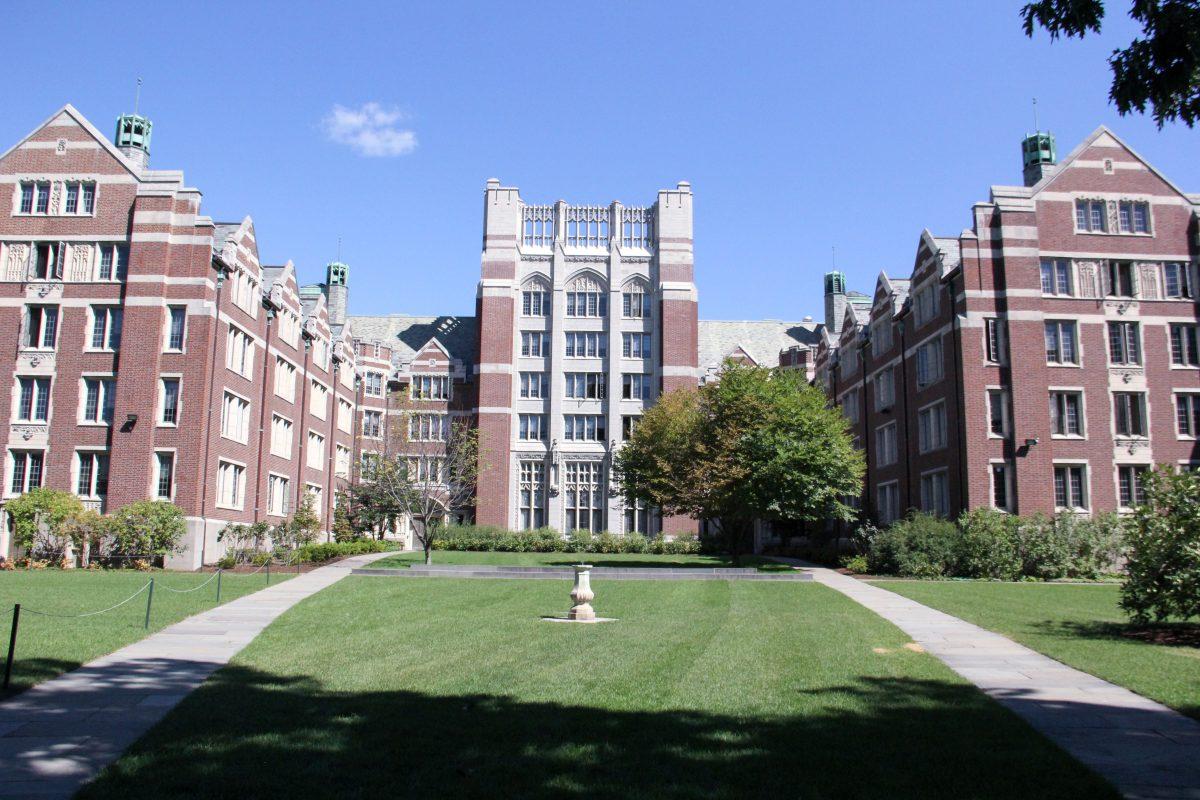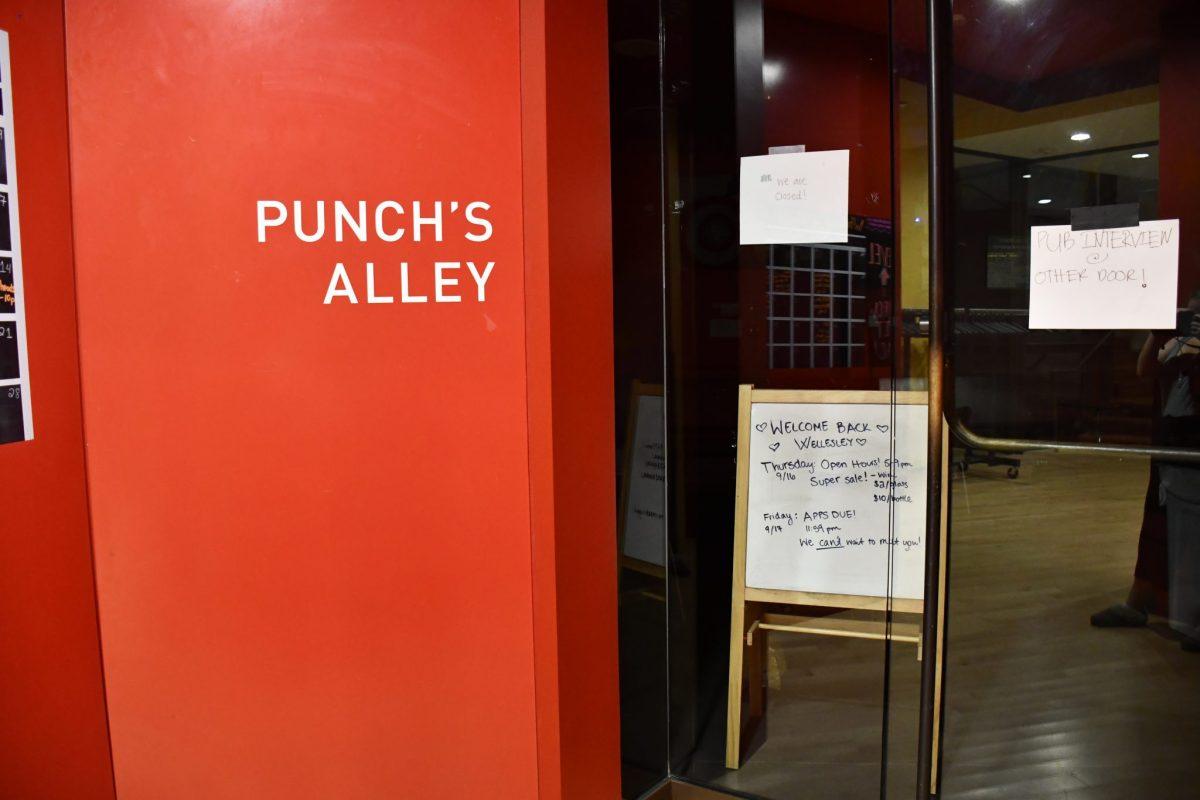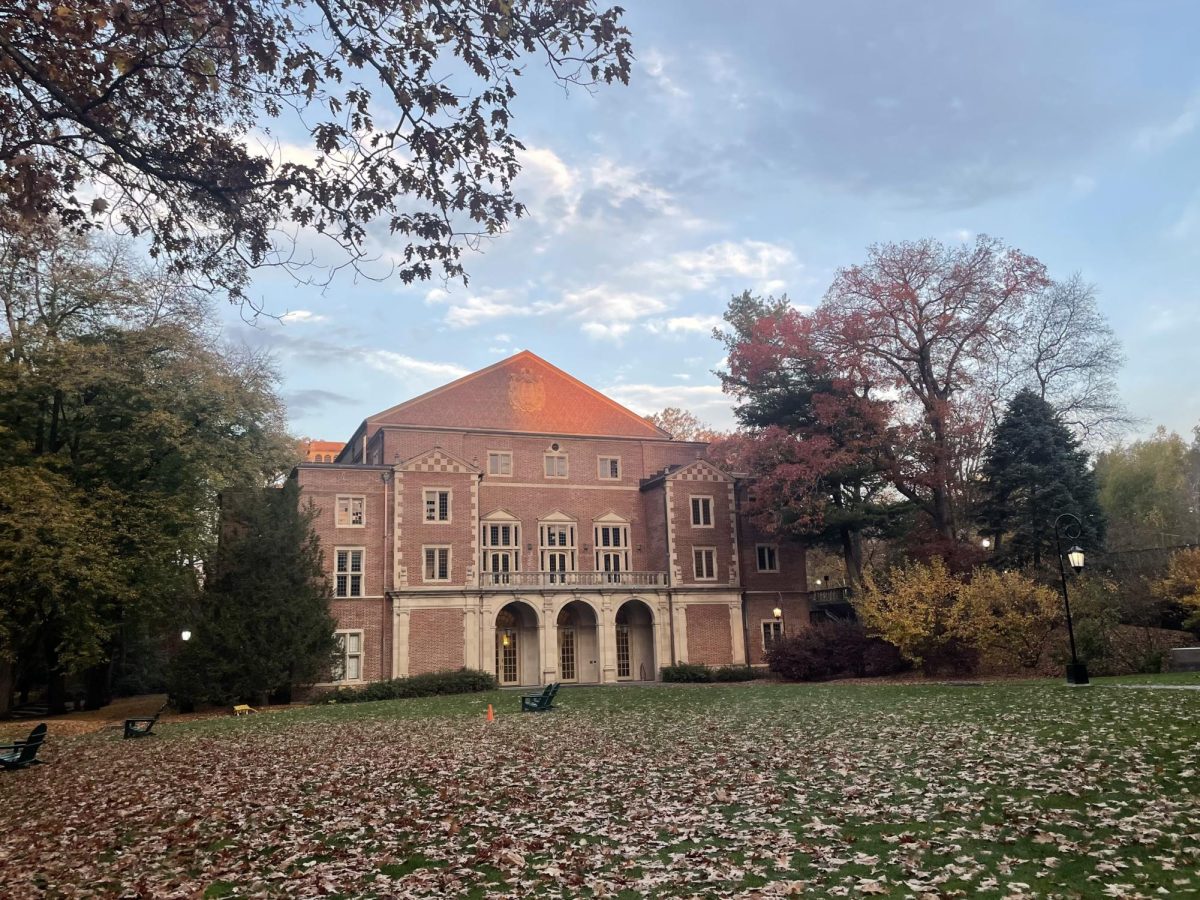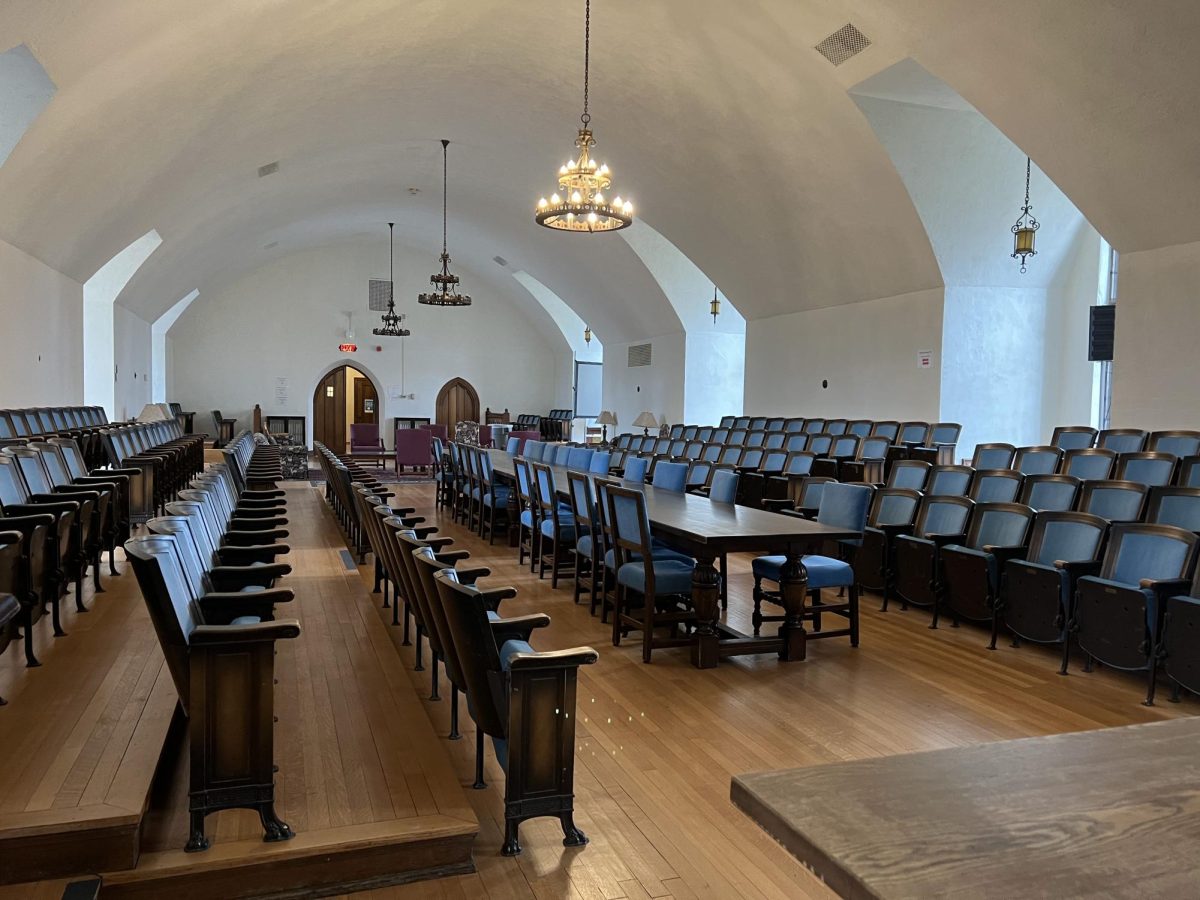According to the US News & World Report, 97 percent of Wellesley students spend their semesters on-campus during a typical academic year, living in a dormitory and taking classes in-person. However, this fall, Wellesley only invited first-years and sophomores back to campus, with some exceptions for upperclassmen with unsafe home situations, senior theses, residential life roles and other on-campus obligations. About half of Wellesley courses have also gone remote due to the number of students living off-campus. As a result, a number of students from each class year have opted not to return to campus.
Wellesley’s remote nature has given students the flexibility to study anywhere across the globe. Some have used the altered academic structure to live at home with their families, help out around the house, and take up a job in their hometown. However, some students like Kate Winson ’21 saw the changed year as an opportunity to do something a little different.
“I was getting tired of being at home, I was sort of hunkered down in the same place for months at home like many of us,” Winson said. “So when I got the news that Wellesley seniors couldn’t go back to campus, right away my friends and I were like, we need to do something, and we wanted to spend our last semesters together as seniors.”
This semester, Winson is living in an apartment with two Wellesley students in the Beacon Hill neighborhood of Boston. She is taking her classes remotely and has appreciated the opportunity to finish out her time at Wellesley in a setting that is familiar to her with close friends from school.
Of course, living in group housing off-campus is not without its faults. According to Holly Chin ’21, a student living with friends in Los Angeles, there are many things she did not consider before moving into an apartment.
“I’ve never had to cook for myself before so it’s definitely been a challenge, and even like cleaning itself,” Chin said. “I’m very grateful for everything that the janitors, the custodians and custodial team does at Wellesley.”
Additionally, although these students live with peers, there is still a lack of connection compared to being on-campus. As an economics major in a 300-level economics class, Winson misses out on the collaborative environment which often goes hand-in-hand with her classes’ problem set-focused coursework.
Part of the lack of connection is due to the nature of remote classes, but being geographically apart is also a factor for some students. Willa McGough ’24 is an exception to the trend of upperclassmen living off-campus. A First-year student who was set to join the soccer team, she decided to move in with fellow soccer players in Montana instead of coming to campus this semester.
“Some of the kids on campus talk about getting together to study or go on a little trip or something and part of me wishes I was there with them … because I could see us being friends,” McGough said.
It is not just the social aspect of classes that have been a struggle for students.
“It’s very isolating … I had no idea that other students were struggling in the same way I was in a particular class, I really thought I was the problem because I had no one to ask basically,” Chin explained.
While group housing does keep students with their peers, it is unlikely for roommates to have the same classes, causing academic isolation as well. Additionally, while the term system has ended up being somewhat controversial among students, many find that remote learning exacerbates the issue.
“[The term system is] not very friendly, I think, to working remotely … so, as much as I thought I would have time to do things every day, because I’m in class like almost three hours a day, every day, five days a week, after every class I’m doing hours of homework,” Chin said. “I thought I’d be able to experience the city a little more than I have been able to.”
Still, the pros of living off-campus still outweigh the cons for Chin, Winson and McGough. All three said that living off-campus has improved their mental health and class productivity. Additionally, there is a sense of freedom that juxtaposes the campus experience with COVID-19 regulations.
“I know I’ve heard a lot of people say that there are a lot of restrictions and, as much as I love the Wellesley experience, it’s just not what I think I would want it to be,” Chin said.
Wellesley’s been really about … the people for me.
With friends, off-campus group housing situations have replicated aspects of the “chosen family” Wellesley experience. Since Chin has always wanted to experience Los Angeles, group housing has allowed her to keep familiar faces around her in an unfamiliar environment.
“Wellesley’s been really about like the people for me,” Chin said. “I know people say that over and over again, but it really is about the people and like the experiences we have together.”
For McGough, who has never experienced campus life, living off-campus allows her to explore unfamiliar places with new friends. Next term, she is considering moving to New Mexico for new experiences with her peers.
“This is a super unique opportunity, and it’s really cool that I was able to take advantage of it and take, like, an unprecedented situation and make it something different, because hopefully I’m assuming that I’m going to have three years at Wellesley,” McGough said.






